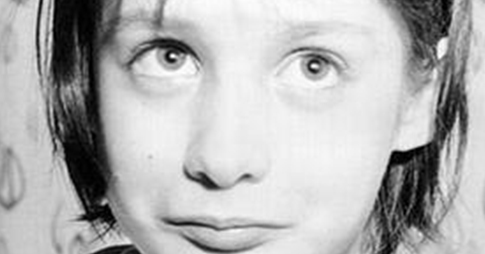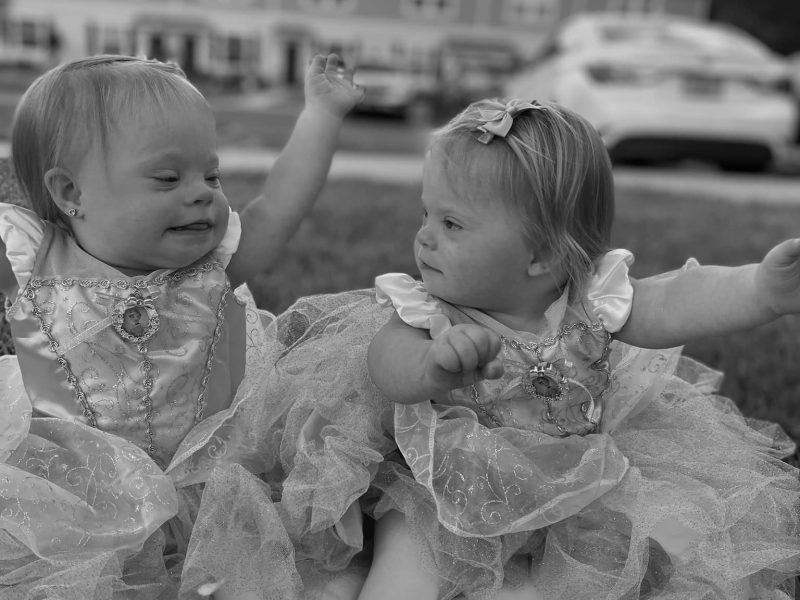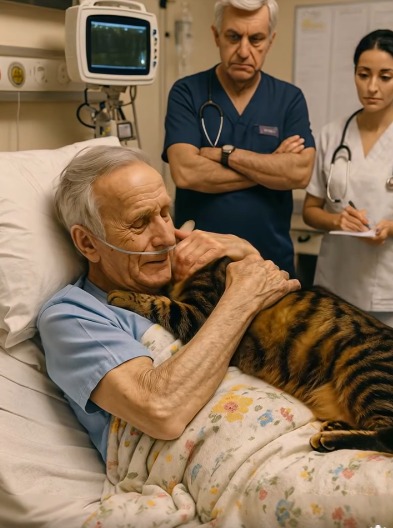The story of Genie Wiley stands as a dark chapter in the annals of psychology, a stark reminder of how fragile human development can be. In 1970, a 13-year-old girl was brought into a welfare office, capturing immediate attention for her disturbing condition. She was malnourished, unable to speak, and moved with a strange, jerky walk. This was Genie, a name given to protect her identity, a child who had spent her entire life in brutal isolation. Her emergence from the shadows presented a heartbreaking opportunity for science and a profound ethical dilemma about the limits of research and compassion.

Genie’s suffering began almost at birth. Her father, Clark Wiley, decided she was mentally deficient and systematically cut her off from all human contact. He confined her to a small room, tying her to a potty chair by day and a crib by night. In this barren existence, she was beaten for making any noise and was deliberately starved of stimulation. There was no television, no radio, and no conversation. The windows were covered, and the only sounds she heard were her father’s angry growls. Her mother, a victim of abuse herself, was too frightened to intervene, leaving Genie to endure a childhood of sensory deprivation and relentless fear.
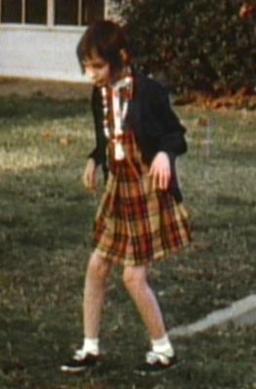
Upon her rescue, doctors were stunned by her condition. She was a teenager with the physical development and behaviors of a very young child. She could not stand straight, could not chew, and was not toilet-trained. Yet, within this deeply damaged child, scientists saw a chance to answer a pivotal question: could language be learned after the critical early years of childhood had passed? A team of researchers worked with her, and Genie began to slowly connect with the world. She learned to dress herself, developed a small vocabulary, and used drawings to express her thoughts, showing a glimmer of the person she might have been.
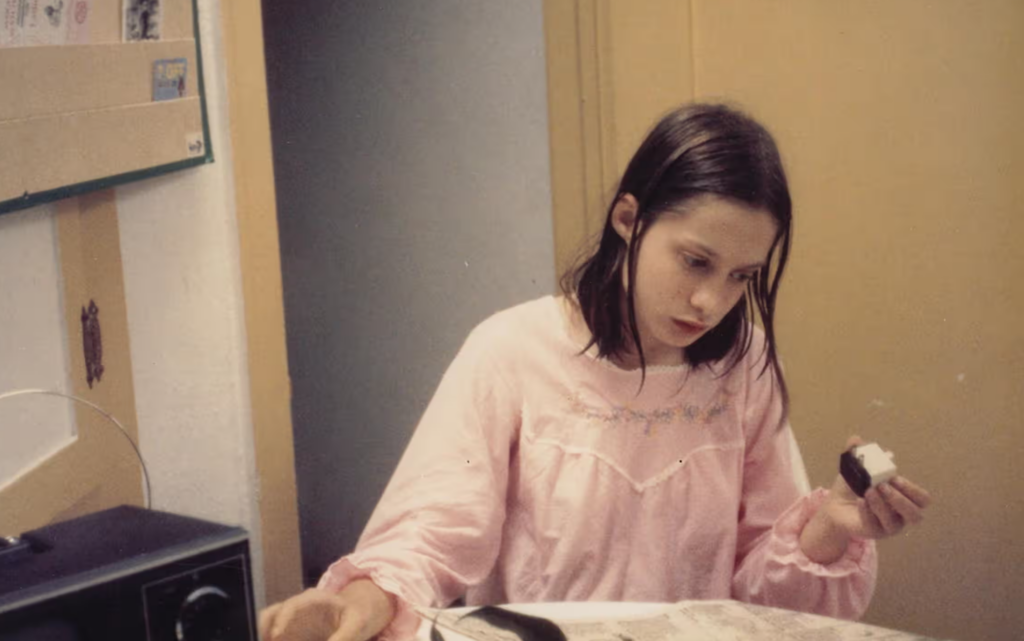
Tragically, Genie’s journey toward recovery was derailed. Once she reached adulthood, the scientific funding and support structure dissolved. She was moved from her foster home back to her biological mother, but this arrangement quickly failed. Placed into the state system for disabled adults, she was shuttled between institutions where the careful, patient work of her previous caregivers was undone. The linguists and psychologists who had dedicated years to her case were suddenly forbidden from seeing her, their access revoked and their research halted. They were left with unanswered questions and a deep concern for her well-being.
The aftermath of Genie’s story is filled with its own sorrow. Her father took his own life before facing trial, leaving a note that simply said, “The world will never understand.” Her brother struggled with the trauma of his own upbringing for the rest of his life. Genie herself, now an elderly woman, lives in seclusion under state care. Her case remains a powerful, sobering lesson on the essential ingredients for human development: language, love, and connection. It forces us to ask how we can protect the most vulnerable and where the line falls between scientific inquiry and the simple, human duty of care.
